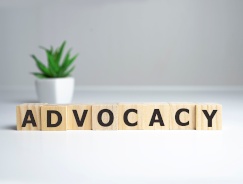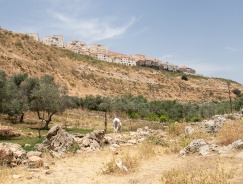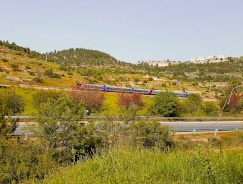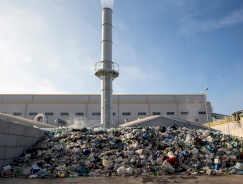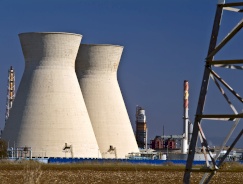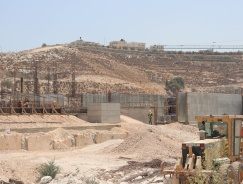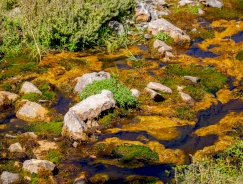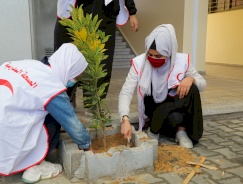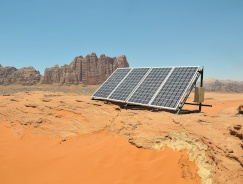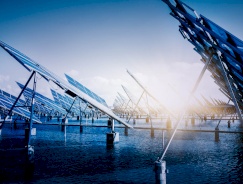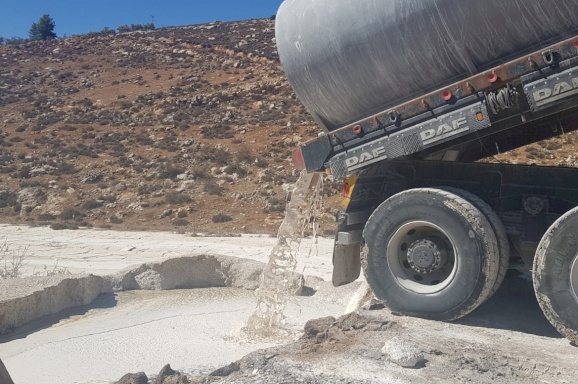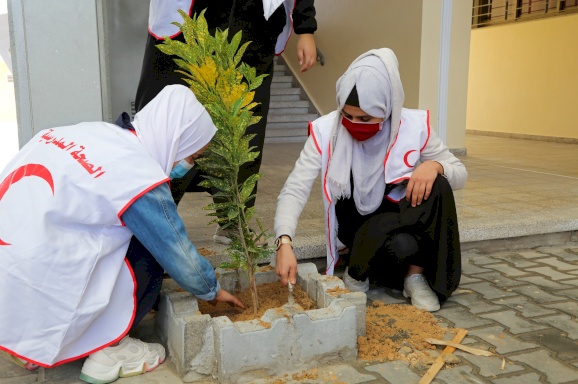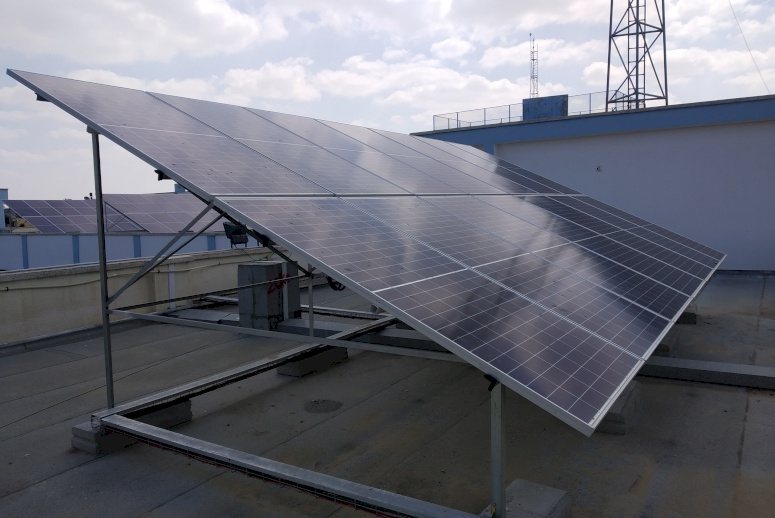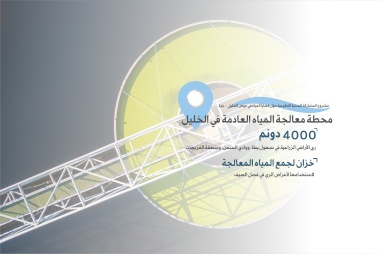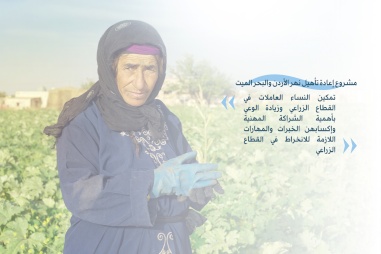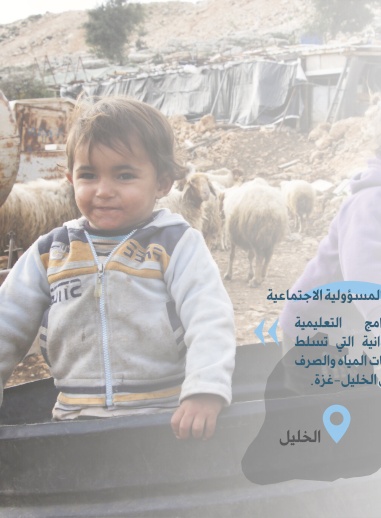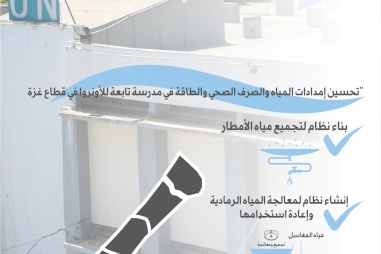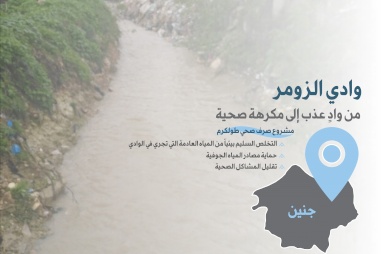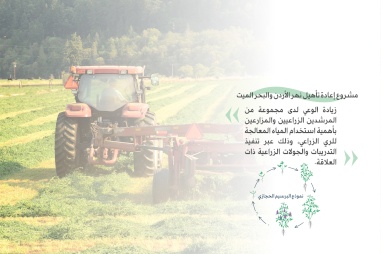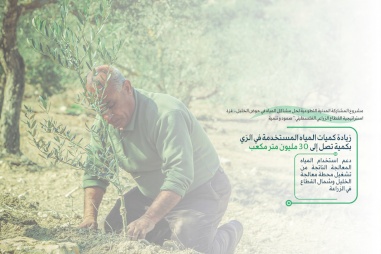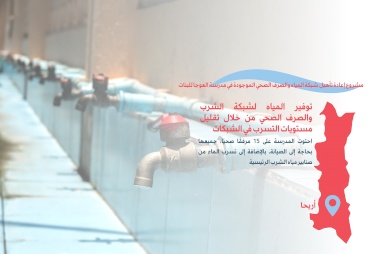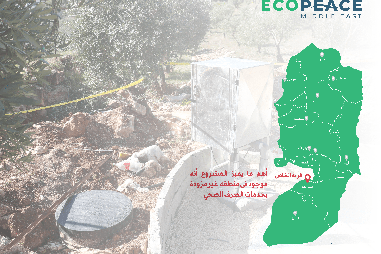Eco Palestine is the Palestinian affiliate of EcoPeace Middle East, a unique organization that brings Palestinian different sectors together to protect the environmental heritage in Palestine.
EcoPalestine programs and activities focus on solving water, wastewater, energy, agricultural, solid waste, and other environmental problems in the West Bank and Gaza Strip by enhancing national and international cooperation and promoting environmental awareness through engaging all sectors of Palestinian society; decision-makers, youth, and women to cooperate to protect our natural resources.
Mission
The Middle East/Levant is rich with biodiversity that makes it home to some of the most beautiful and unique ecosystems, from wetland ecosystems boasting a rich variety of plants and animals to dry desert regions in the south. Spread all over the region are hundreds of historical and archeological sites, with significant importance to the peoples of the region.
- The Jordan River Basin - A major source of fresh water in a water-scarce region.
The Gulf of Aqaba – A highly sensitive ecosystem giving life to arguably the world’s most beautiful coral reef.
The Dead Sea – The world’s saltiest non-shallow body of water and source of an abundance of rich minerals/ host to an abundance of rich minerals.
However, the Middle East is the world’s most vulnerable region to the increased temperatures and drought resulting from climate change.
Sustainability, and climate change resilience, is a key theme of EcoPalestine, the people and wildlife of our region depend on common natural resources. In order to preserve and allow more people to continuously benefit from these valuable resources, we need strong community action and regional cooperation.
How we work
EcoPalestine combines top-down advocacy with a bottom-up approach that engages youth and local constituencies. Bottom-up community-led activism constitutes a vital and highly effective part of Eco Palestine’s strategy. We approach cross-border environment issues by first developing a regional strategy. We hire local researchers to gain a regional understanding of the root cause of the problem and then develop ways to influence decision-makers, the media, and the general public. By drawing on regional insight and knowledge we can tackle the key issues affecting our communities.

 Advocacy Projects
Advocacy Projects Raw Sewage from Settlements into Wadi Fukin – Nahalin
Raw Sewage from Settlements into Wadi Fukin – Nahalin Industrial zone near Battir
Industrial zone near Battir Release of Olive Mill Waste to Rivers
Release of Olive Mill Waste to Rivers Mishor Adumim Waste to Energy Project
Mishor Adumim Waste to Energy Project Power Plant Near Qalqilia and Kfar Saba
Power Plant Near Qalqilia and Kfar Saba Wadi Samen Advocacy Efforts towards Industrial Waste and Waste Water
Wadi Samen Advocacy Efforts towards Industrial Waste and Waste Water Environmental pollution from slaughterhouses
Environmental pollution from slaughterhouses Youth&Young Professional Capacity Building
Youth&Young Professional Capacity Building Water and Energy Nexus
Water and Energy Nexus